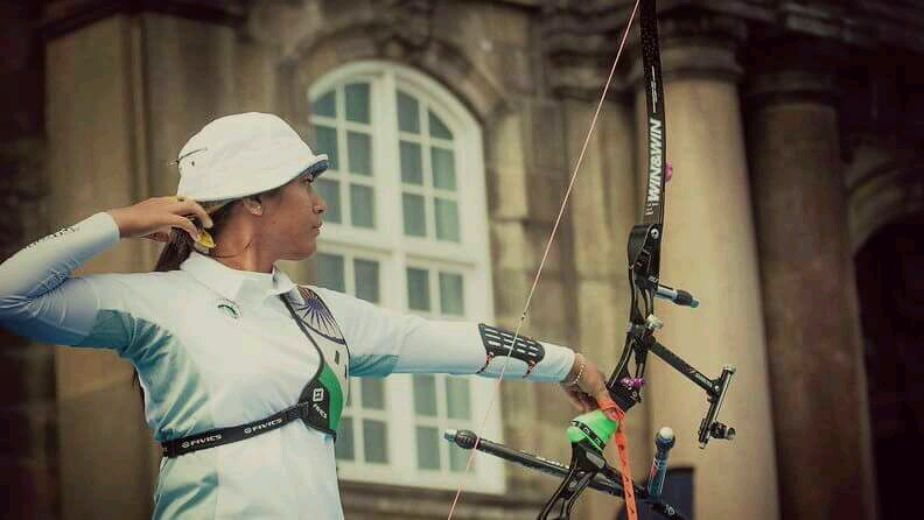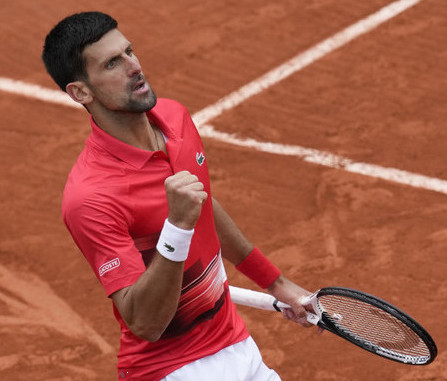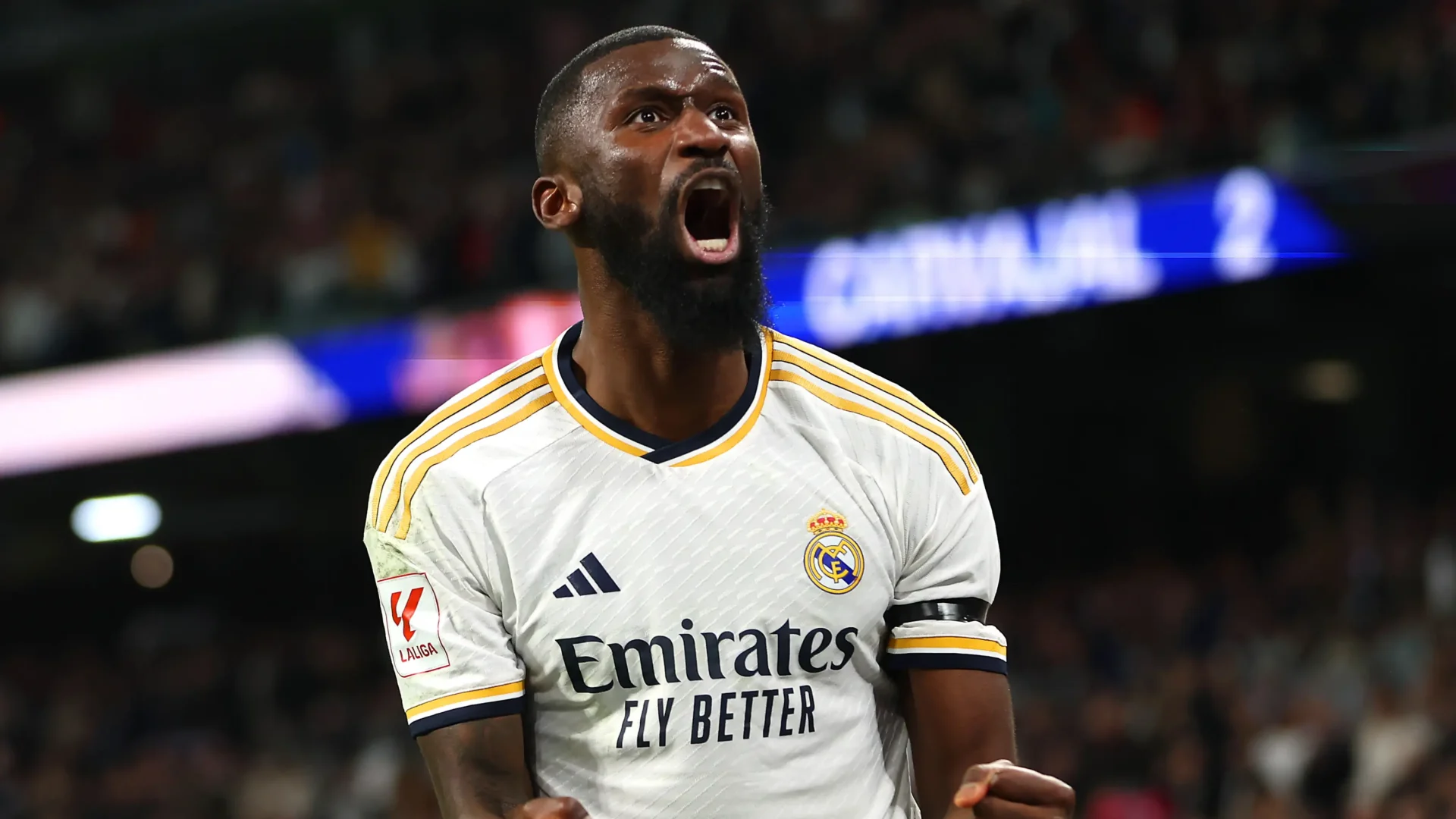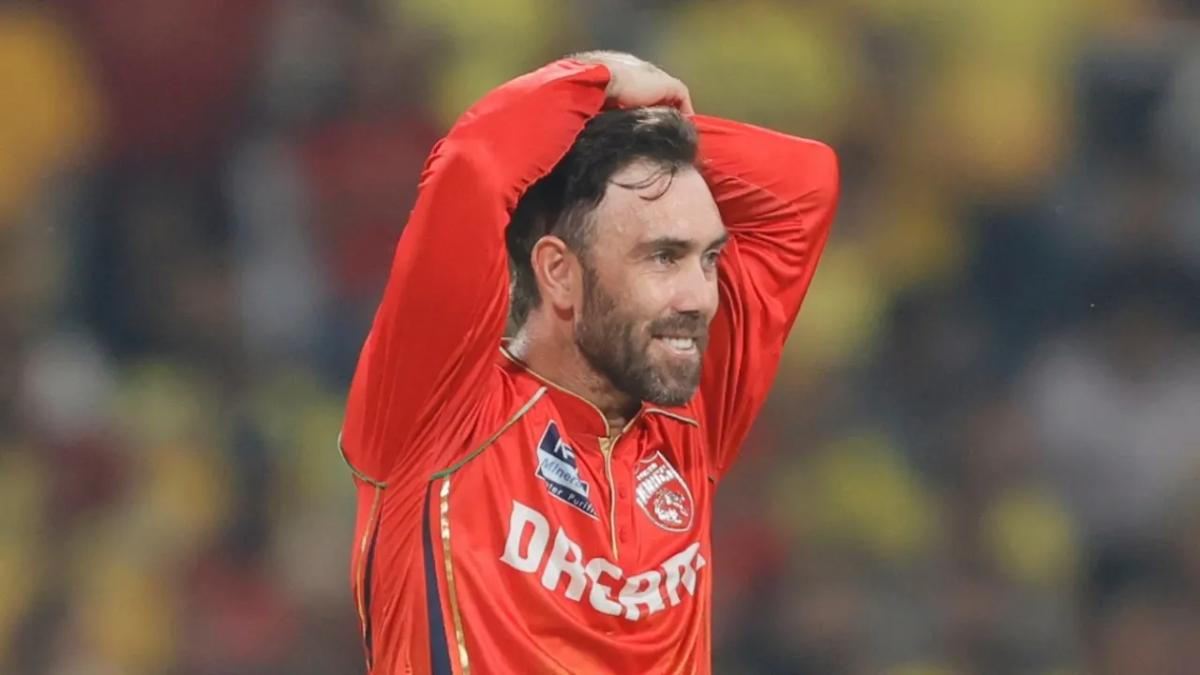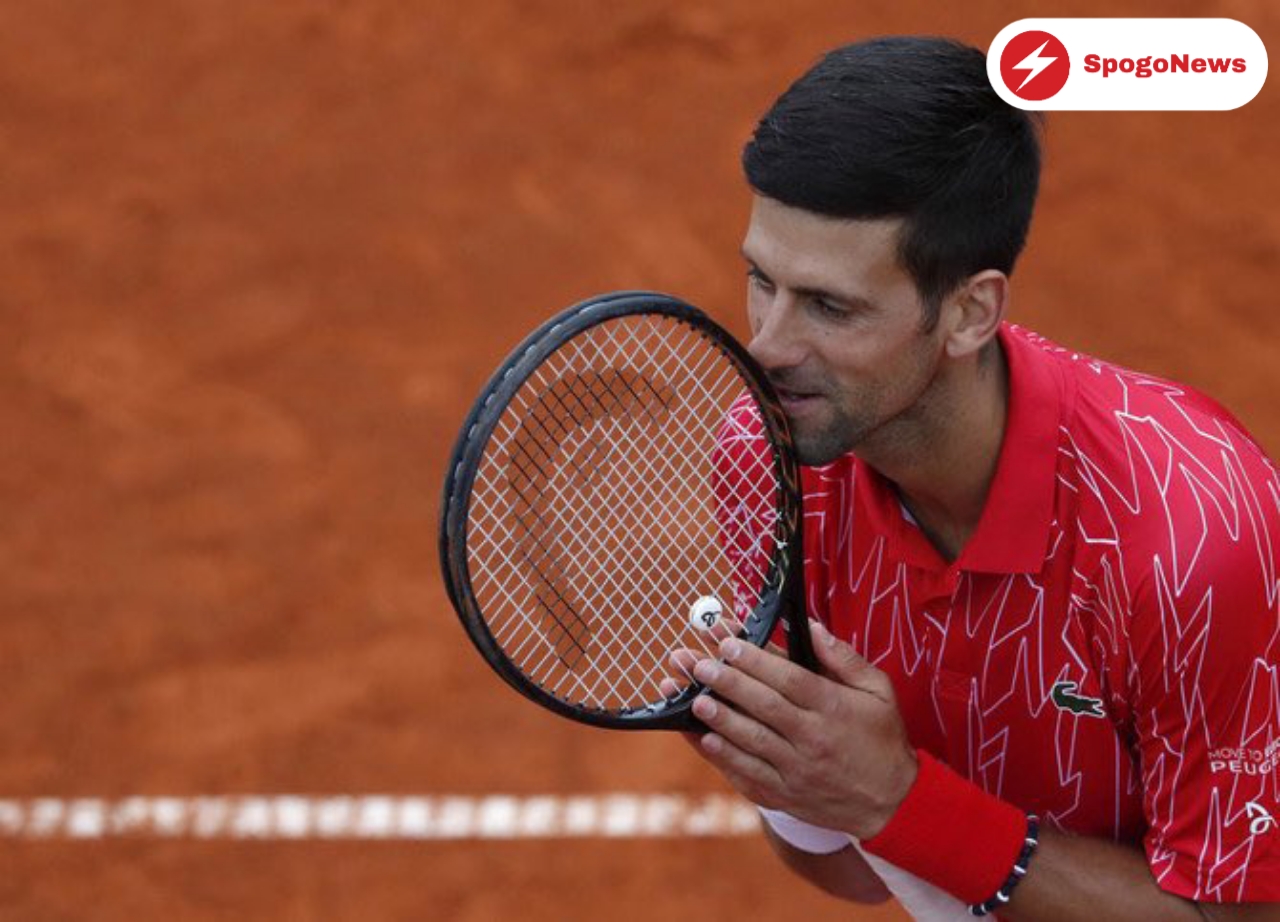Rimil Buriuly is an Indian archer who has represented India at many International tournaments. From the Asian Games in Guangzhou, China and the World Championships at Copenhagen Denmark to the biggest stage of them all, the Olympics in Rio de Janeiro, she has done it all and is setting her sights to do even more.
In an exclusive interview with SPOGO, Rimil speaks about her journey so far, the challenges faced by archers in India, her ambitions for the future and India’s chances at the Tokyo Olympics.
How and when did you get interested in archery?
I have always been interested in sports, ever since I was a child. I used to participate in all the sports events in school and when archery was introduced to me I tried that as well. It was a completely new experience for me and I realized that I was enjoying it, which is why I have steadily progressed to ultimately take up the sport professionally.
You have won many medals at the youth and senior levels and have also represented India at the Rio Olympics. How has your journey been so far?
My journey has not been very smooth but has not been very difficult either. The main reason for this is because ever since I was in school, the coaches were always available to us. The Jharkhand Archery Association did not have problems with equipment and I have received a lot of support from the association. Harendra Singh, who is the coach of Jharkhand was my first coach and his guidance supported me throughout my journey. After performing well in the juniors, the Tata Archery Academy selected me which eventually led me to participate at the International stage after a lot of practice. There were problems as well, I didn’t get a lot of support at home because they thought it’s not a safe game for girls and I should focus on my studies instead. Eventually when I started winning medals, they changed their minds about archery and realized that I should be given a chance.

What was your favourite moment in your career as an archer?
The most special moment in my career was the Asian Games in 2010, we were in the quarterfinals against Korea and we lost by just 1 point. The next match was against Chinese Taipei and it was very close with nothing to separate us and them. Right at the end, because of my arrow we got a line touch point. I still remember it, that moment was the most special for me in my career so far.
What are you doing currently and what are your future plans?
I’m still continuing archery and practicing despite so many tournaments getting postponed because of COVID. I’m making sure that I’m ready for any upcoming tournaments and despite the fact that we have won National tournaments, we always fall short of winning medals at the Olympics. My hope is to perform well at all the tournaments, especially the Olympics and win something for the country.
Do you envision yourself as a coach in the future and train the next generation of Archers?
Yes, I do think that once my career as an archer is over, I would like to see myself as a coach. In India there are many archers and the problem does not lie there, but with the coaches and the lack of them. I think I can be a good coach and help the children in my area. They are hard workers but the issue is the equipment, because it’s costly so I think I can help them with providing the equipment, their diets, guidance and support. I do hope that if I can make a difference and help them then I should.

What do you think are the challenges Indian Archers face? What can be done to solve them?
It has been 15 years since I have been involved in archery and whenever we go out for International tournaments such as Korea or the United States, I’ve noticed that they get a lot of support in terms of sponsorships and equipment. Indian archers face issues with getting equipment and the necessary infrastructure. This disparity might not be immediately visible at the highest level but is evident at the grassroot. Support at the grassroot level is the only way archers will develop and become capable of winning medals. Countries such as Korea and the US focus more on the basics, but no organization or association pays much attention to the grassroots in India. I think the most important issue that needs to be addressed is providing the facilities, equipment and guidance to children and having a clear plan of action to execute this. It can be summed up simply that the government or association should encourage archery in every school, help build academies and clubs to promote the sport at the grassroot level.
How important of a role does mental health play to be able to perform at the highest level?
Mental health plays a very crucial role in archery, it might appear that it is a physical sport but we also have to work on our heartbeat and breathing. Our coaches train us for meditation and imagination shooting. It's also very important that you stay positive and calm. So children should be trained for meditation and play mental games. Also, yoga needs to be practised regularly.
How do you prepare yourself before a tournament? What do you do in your spare time?
We begin by mentally preparing ourselves months in advance before big tournaments for example, for the World Championships we look for the previous scores and records and we prepare ourselves accordingly, like working on our average, if you have to hit an average of 340, we work and try to improve our shooting form and our mental status day by day. We plan things out and also maintain a diary. We make a note of our mistakes and then later try finding a solution to fix it so that's how we steadily prepare ourselves. Besides that, we compete with other athletes of our camps, we score, have team fights and individual fights to prepare ourselves.
In my free time, I enjoy listening to songs. We don't really go out because we only get one day every week for rest, so we use that day for recovery. We rarely go to malls or movies, we usually stay in our rooms and listen to music or play games to keep our minds fresh.
Also read: Being a role model inspires me to become a better archer
How do you think Archery as a sport can be promoted in India?
Like I mentioned before, we need to empower and strengthen academies and associations in order to tackle the problem of equipment for children. Their diet should be taken care of and camps should be held regularly so that children get to practise under proper guidance of the coaches. Schools, academies, associations and federations need to focus on ways to improve and encourage the sport. If these things are taken care of the improvement will automatically follow.
How have your coaches shaped you as a person and an athlete to make you the person you are today?
They have played a very big role, right from my childhood Harendra Singh has coached me. I started with recurve and within a short span of a year I won medals at sub junior national level. He focused a lot on me and after I came to the academy, I improved myself a lot under local and Korean coaches there. I think they (coaches) play a very important role in every sport. They are like all rounders that take care of you and manage you psychologically and technically. Whatever I'm today it's because of the coaches.
How optimistic are you about India’s chances in archery at the Tokyo Olympics?
I definitely think India can win medals at the Tokyo Olympics. We under-performed during the last Olympics and I believe we could have done much better. The Olympics is a big stage that every athlete dreams of playing in and works hard to win for their country but the environment is such that it gets a bit difficult to keep oneself stable and in control, especially athletes who are going there for the first time might get anxious. It is important to soak in the environment and if our Federation gives us practice in the Olympic set up or even if we practise in a similar set up, our performances would get better. For example: Korea gets their team selection trials done a year prior to the games and start practicing in the same set up as the Olympics to get their athletes used to the set up. Such things help you improve fast and help manage the panic that the Olympics environment can bring to ultimately bring some medals home. We have won medals in many sports, I’m sure we can win here as well.


